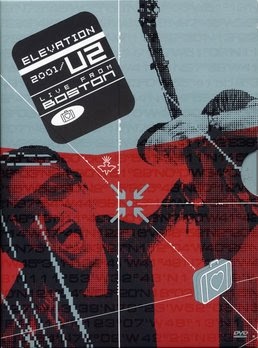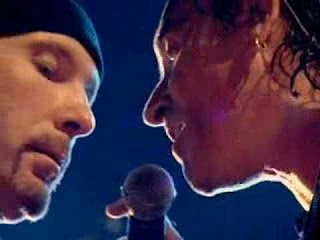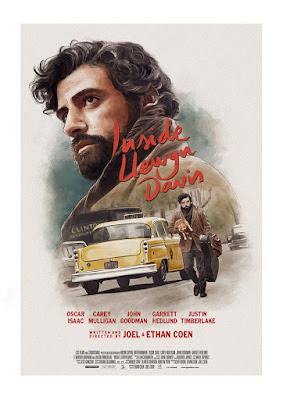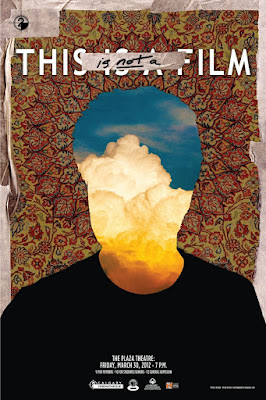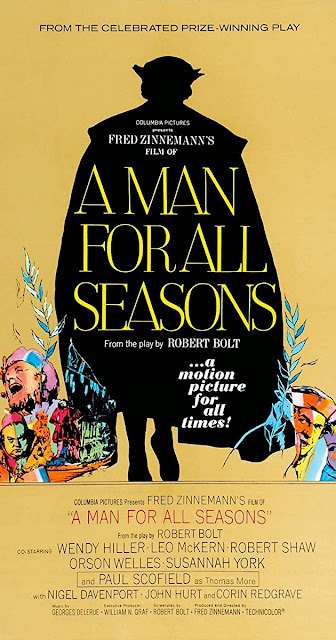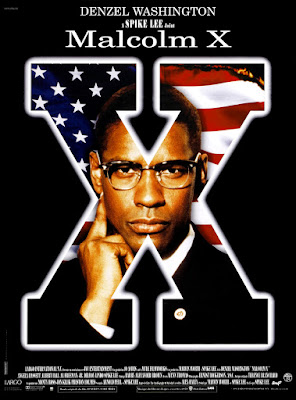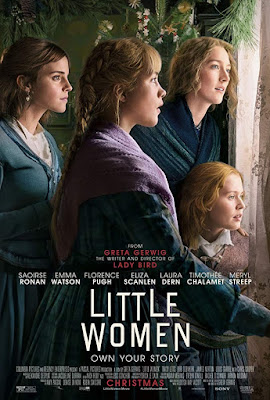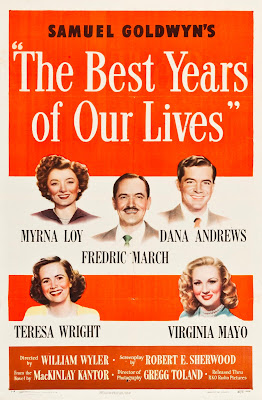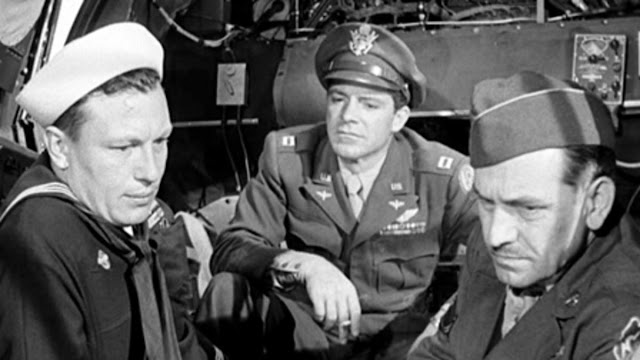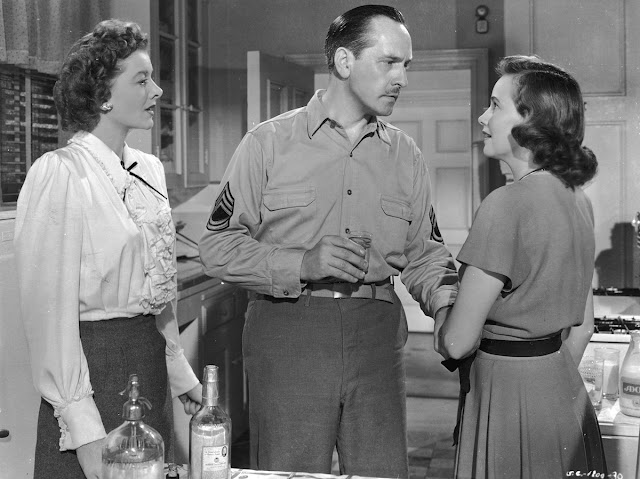Hopefully you had an experience like that the first time you saw U2. That’s the way it was for me. It was when I watched U2. Live in Boston. The Elevation Tour DVD.
Ok, ok, hear me out. Let me give you some context. I grew up mostly in a little town in northeastern Montana during the early days of the internet era. I happened upon U2 through a series of random events that could only be orchestrated by Fate, and obtained The Joshua Tree CD when I was 11. I started to collect the band’s albums whenever and however I could. Again, it was long before iPods. Also, my only job was mowing my grandpa’s lawn.
I was 15 when All That You Can’t Leave Behind came out and it was the first album release I experienced in real time. I remember waiting SO LONG for music videos to load on U2.com over our dial-up modem. All I really knew about the band at this point was picked up by poring over liner notes and listening to their music incessantly on my Discman. Now they were the big thing of the moment, “Beautiful Day” was a hit, and they were all over TV. They were even going on tour! I was several days of driving away from anywhere they were headed and I didn’t even consider attending a show a possibility. Not happening.
Fast forward to early 2002. Always a music nerd, I was on a band trip in Billings, MT, and so we stopped at a mall for a few hours of shopping. This was like a visit to a pop culture oasis, and I was thirsty. I hightailed it to Sam Goody to look for music. As always, I went straight to the “U” section, and that’s when I saw it: the special edition DVD box set for The Elevation Tour: Live In Boston. Like a movie of U2? Where they’re recorded playing live? A whole concert? I paid the $32.99 without a thought – not a little sum to me in those days.
When I got home a day or two later, at the first chance I got I rushed down to our basement and put in the disc with the concert. I was tingling with anticipation and all alone with a front row ticket. From the first moments I was in a trance. I remember the slow-motion walk as the band enters the arena to the intro of “Elevation” with the house lights up. They start playing until, BOOM, the lights go out and they hit it hard. “Elevation” wasn’t my favorite song on ATYCLB but at this point I was all alone, in my basement, lights off, watching this amazing moment and FREAKING OUT.
One thing I learned while watching the show was that The Edge is the engine that keeps this band running. His guitar solos in “Until The End Of The World” and “Bullet The Blue Sky.” His angry guitar-slamming at the end of “Gone.” His beautiful smooth crooning on “In A Little While” – be still my heart. I could never have fully realized how much work The Edge does for the band until I saw him live. He became my hero.
There were many classic U2 moments that were completely new to me and I experienced for the first time: the bullfight between Bono & The Edge in “UTEOTW”; Larry’s snare drumming in “Sunday Bloody Sunday”; the crowd singing the end of “40”; the unforgettable climax of “Streets”; Bono singing intimately to the entire arena through one girl brought up on stage in “With or Without You”; and on and on.
I had underestimated or previously failed to notice many of the songs they played, and seeing them performed in this context brought fresh perspective. “UTEOTW,” “Gone,” “I Will Follow,” “Stay,” and “The Fly” were all in that category. I went back to the records and heard these songs with new ears. And the combination of “Bad” in to “Where the Streets Have No Name” at the show’s zenith is almost indescribable. These were already some of my favorite U2 songs, but before this I hadn’t realized their full potential: two of the band’s most soaring anthems coming together in a blissful explosion. I know some say “City of Blinding Lights” is the new “Streets,” but there is nothing that compares for me.
I also knew ATYCLB really well, so “Beautiful Day,” “Kite,” and “New York” felt exciting. But it was “Stuck in a Moment You Can’t Get Out Of” and “In A Little While” that had me, at first, up out of my chair with excitement, and, at their conclusion, each leaving me in a puddle on the floor. And “Walk On” was a perfect closer. I was almost in tears as Bono sang out his declarations of gratitude. As the last notes approached and the credits started to roll, I just sat there dumbfounded, paralyzed, basking in the experience.
I know I wasn’t at a live concert, but there are few moments in my U2 fandom as visceral and exciting as watching this amazing concert film. It transformed my understanding of the band. As a student of the visual medium, the story told through the editing was energetic and put me in all the right places of the arena at all the right times. In addition to the music, I also loved hearing Bono tell stories and seeing how the four band members interacted with each other in a hundred small moments. I felt like I really got to know them and was blown away by how they connected with the audience.
Since then, I have seen the band six times live. The first time was the 360° tour in Chicago. Even though I was way up in the cheap seats, it was a thrill with many impactful moments. Still, I can remember Live in Boston more than I remember moments from that tour. The next time I saw them on the GA floor at Innocence and Experience, just a few feet from the front bar, was when I finally had the truly rapturous live, in-person experience. The Joshua Tree 2017 and Experience and Innocence tours both provided some amazing memories as well. But I will always remember fondly the Sunday afternoon that this nerdy, small-town teenager really got a taste of seeing U2 live. I’m excited for all of those who will get to see U2 live in some really amazing places starting next month on the Joshua Tree tour 2019.
